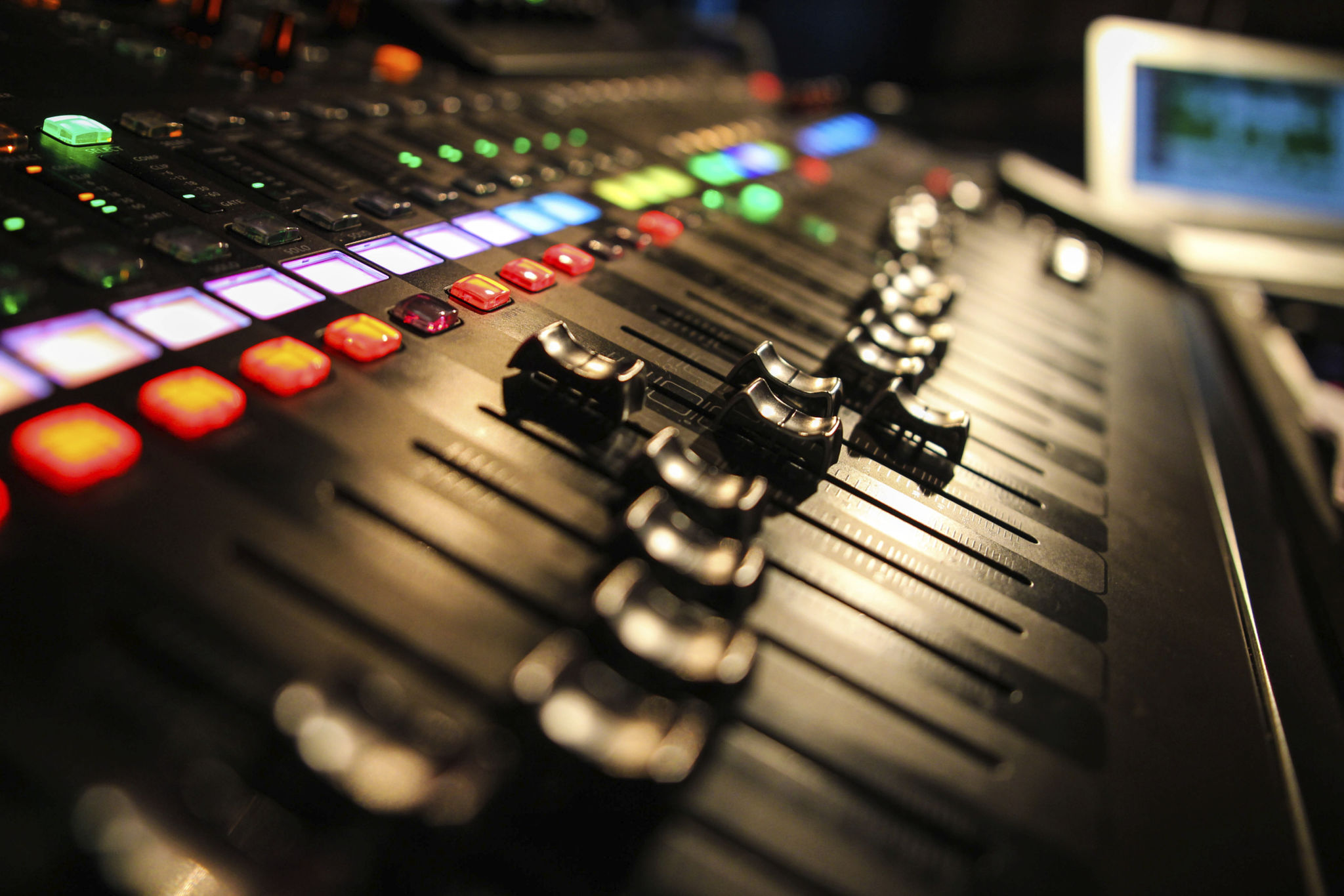Understanding AI in Music Management: Myths vs Reality
BS
Introduction to AI in Music Management
Artificial Intelligence (AI) is revolutionizing various industries, and the music industry is no exception. With its ability to analyze data, predict trends, and automate tasks, AI is becoming an invaluable tool for music managers. However, several myths and misconceptions surround its use, leading to confusion and skepticism. In this blog post, we'll explore the myths versus the reality of AI in music management.
The Role of AI in Music Creation
One common myth is that AI is here to replace musicians and composers. While AI can compose music by analyzing patterns and styles, it lacks the emotional depth and creativity of human artists. Instead of replacing them, AI can serve as a collaborative tool, helping musicians experiment with new sounds and ideas.

AI and Music Discovery
AI's ability to analyze large datasets makes it a powerful tool for music discovery. By examining listening habits and preferences, AI can recommend new artists and tracks tailored to individual tastes. This personalized approach helps listeners discover music they might not have found otherwise, benefiting both fans and emerging artists.
Some fear that AI-driven recommendations will limit diversity in music by promoting only popular genres. However, AI algorithms are designed to learn from a wide range of musical tastes, ensuring diverse recommendations that reflect the listener's unique preferences.
Streamlining Music Management
Another myth is that AI will take over all aspects of music management. In reality, AI assists managers by automating repetitive tasks such as scheduling social media posts, tracking royalties, and analyzing market trends. This allows managers to focus on strategic planning and building relationships with artists and stakeholders.

AI in Live Performance
AI is also making waves in live performances, offering new possibilities for interactive and immersive experiences. From real-time sound adjustments to creating visual effects synchronized with music, AI enhances the live concert experience for both performers and audiences.
Despite these advancements, AI cannot replace the unique atmosphere created by live musicians. It serves as an enhancement tool, adding layers to performances that captivate audiences in new ways.
Addressing Privacy Concerns
Privacy concerns are a significant issue in the digital age, especially with AI collecting vast amounts of data. Music managers must ensure that AI tools comply with privacy laws and ethical guidelines to protect artists' and listeners' information.

Understanding how data is used and ensuring transparency can help build trust among artists and consumers, allowing them to benefit from AI innovations without compromising privacy.
The Future of AI in Music Management
The future of AI in music management is promising, with continuous advancements expected to enhance its capabilities. As technology evolves, AI will offer even more sophisticated tools for managing music careers, discovering talent, and engaging with fans.
Embracing AI as a partner rather than a competitor will enable music managers to harness its full potential, creating opportunities for growth and innovation in the industry.